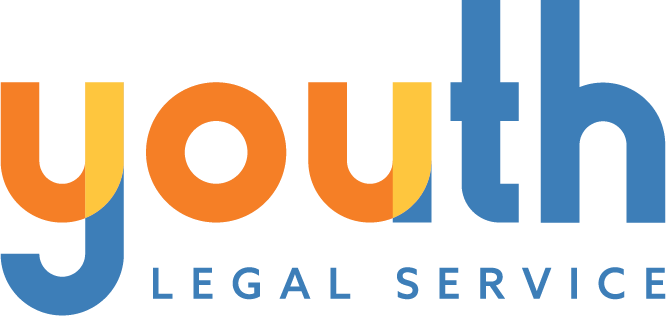Police: Questioning about a crime
Do I have to go to the Police Station if the Police ask me?
Sometimes, the Police will ask you to come to the Police Station to assist them with their enquiries.
If you are unsure whether you are being arrested, you should ask. If you are not under arrest, you may choose to go to the Police Station voluntarily at an appointed time. If you choose not to go to the Police Station, the Police may end up coming to your home and arresting you at a later date.
If a crime has been committed and the Police believe you are responsible, you may be arrested and charged while at the Police station.
What happens at the Police Station after I am arrested?
The Police have certain procedures that are followed when an arrested person is brought into custody.
- You may be searched for a “security risk item”. This is anything that could be dangerous to you or others, or help you escape or affect the good order and management of the place where you are being held. Depending on the circumstances, this may be a Basic Search, Strip Search or an internal body cavity search. Anything taken may be given back to you at a later time.
- You may also be held in a lock-up until the Police are ready to deal with your matter and wait for your responsible adult to attend.
Aboriginal Australians in Police Custody
If you are an Aboriginal Australian, the Police must contact the Aboriginal Legal Service, Custody Notification Service to let them know you are in custody and allow you to speak with a Lawyer. The Custody Notification Service operates 24 hours a day 7 days a week.
Do I have to do an interview with police if I don’t want to?
If you are suspected of committing a serious offence, the Police will want to interview you. This is done at the Police Station in a room with audio visual recording equipment. There will usually be two Police Officers who conduct the interview. Everything that you say will be recorded and filmed which is then put on a DVD that can be played in court. You or your lawyer will be entitled to a copy of this DVD.
You do not have to do an interview with the Police.
What happens if I do decide to do an interview with Police?
You may decide to go into the interview room. Apart from giving your name, address, date of birth, you can say “no comment” to any other question asked.
You may decide to answer all questions put to you in the interview.
You have the right to decide whether or not to do a Police Interview and whether or not to speak to police or remain silent.
You have the right to remain silent which has been a right in Australia for hundreds of years.
What happens if I am under 18 and have never been in trouble with Police before?
If you have not been in trouble by breaking the law before and are open and honest with police, accepting responsibility, then depending on the offence you may receive a “Caution” or be referred to the “Juvenile Justice Team”. This means that you will not have to attend court at a later date. This will not occur if you have committed more serious offences.
What happens in the interview?
If you choose to be interviewed and are under 18, you will sit in the interview room with your Responsible Adult and usually two Police Officers will be present. See our fact sheet ‘Parents role at Police Station when their child is brought in for questioning by Police’ for more information.
Both Police Officers will ask you questions and write notes. The interview will be filmed and recorded.
At the start of the interview the Police will say:
“You do not have to say anything unless you wish to do so, anything you say or do will be recorded and may be used in evidence.”
The Police will explain to you:
- You don’t have to answer his/her questions if you don’t want to.
- That whether to answer or not is your choice
- You can answer some questions but not others
- You can speak or be silent
If you do not wish to say anything, that is your right. If you do decide to answer questions, what you say on the audio/visual recording will be played to the court if you plead not guilty to the charge and go to a trial on the matter. If you decide not to speak, this cannot be seen as a sign you are guilty should your matter be heard in court.
If you decide not to speak, this does not imply that you are guilty as you have a right to remain silent.
What happens after the interview?
This will depend on how serious the offence is and whether there is enough evidence to charge you.
- You may be released without charge while Police continue with their investigations.
- If you are charged with a serious offence, you will be required to give a DNA sample, be fingerprinted and photographed and processed.
- You may be released and receive a Notice to Attend Court at a later date.
- You may be charged and put on bail with certain conditions and a date to attend court.
More Information
For legal advice about your own situation contact Youth Legal Service on 9202 1688.
Legal Aid: Visit https://www.legalaid.wa.gov.au/resources/information-sheets#Crime go to “Under Arrest and Police Powers”
Please note: Laws are subject to change. Last updated July 2020.
Important: The information provided in this infosheet is for information only.
It should not be relied on as legal advice.
Please seek legal advice about your particular circumstances.
